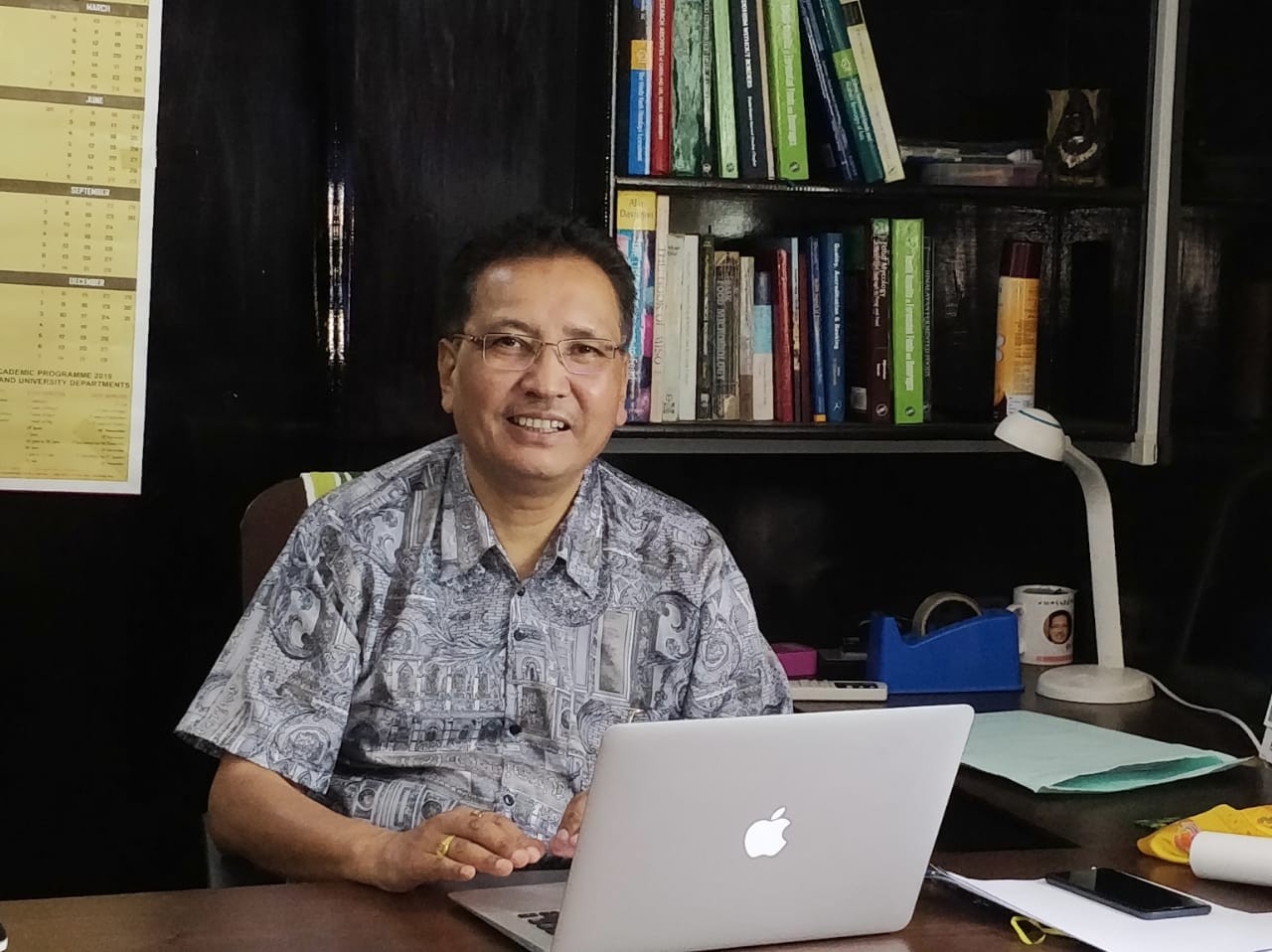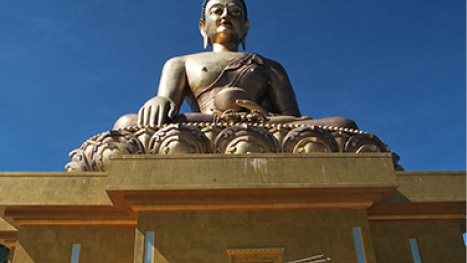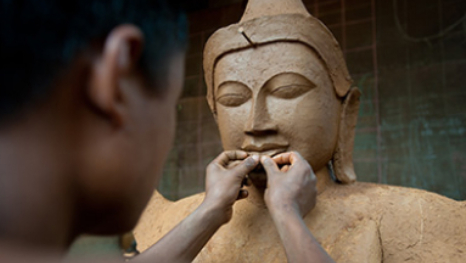
Dr Tamang is a pioneering food microbiologist. His work centres on the interpretation of ethno-microbiology to metataxonomics and metagenomics associated with fermented foods and beverages prepared and consumed by different ethnic peoples of the Himalayan region of Bhutan, India, and Nepal. He studies a wide range of subjects – from microbiome diversity and food safety to nutrition and probiotics – and has published several books and more than 155 research papers.
Dr Tamang was born in Darjeeling, India. He completed his PhD in microbiology from the University of North Bengal, India, in 1992; his postdoctoral research in molecular microbiology from the National Food Research Institute, Japan, through the United Nations University – Kirin Fellowship in 1995; and another postdoctoral research from the Institute of Toxicology and Environmental Hygiene, Germany in 2002 through the Volkswagen Foundation Fellowship.
Dr Tamang has received several prestigious awards such as the United Nations Association of University Women Award in 1996; National Bioscience Award of the Department of Biotechnology, Ministry of Science and Technology, Government of India in 2005; and the Gourmand World Cookbook Award in 2010. He has been a fellow of the National Academy of Agricultural Sciences, India since 2013; the Indian Academy of Microbiological Sciences since 2010; and the Biotech Research Society of India since 2006.
Dr Tamang has been teaching microbiology and biological sciences for 33 years and has supervised several doctoral and post-doctoral students. At Sikkim University, he served as the officiating Vice Chancellor from 2017 to 2018, and is presently Dean of the School of Life Sciences and Professor of Microbiology, Department of Microbiology.
The Mountain Chair has taken the lead in amplifying HUC’s regional and global impacts:
Providing inputs for the development of relevant HUC Thematic Working Groups and Task Forces.
Expanding the HUC network by engaging new full and associate members or initiating MoUs between ICIMOD and higher education institutions and think-tanks within and outside the HKH.
Co-convening the inception meeting of the Himalayan Food and Nutritional Security Thematic Working Group in coordination with the HUC Secretariat and HUC participating members.
A rare find and a catalyst of growth – this is how colleagues define the life and legacy of Professor Jyoti Prakash Tamang, dedicated researcher and educator.
A rare find and a catalyst of growth – this is how colleagues define the life and legacy
Professor Tamang has been conferred the Fellows of Indian National Science Academy, New Delhi and National Academy of Science India, Prayagraj in November 2022
Professor Jyoti Prakash Tamang conducted a public lecture tour in Nepal from 4-9 June 2022. This lecture tour is focused on raising awareness,

Tamang intends to study Bhutan's major ethnic fermented foods at Sikkim University. He will supervise selected MSc or PhD students and young faculty members from the Royal University of Bhutan, teaching them modern food microbiology and bioinformatics. He will also train them on writing research proposals and adopting sound research methodology.

J P Tamang will profile the diverse microbiome community, including bot culturable and unculturable micro-organisms associated with ethnic fermented soybean foods of Southern provinces of China. With assistance from PhD students of Southwest Minze University, he will document ethnic products and native skills involved in the production of these foods. The team will analyze collected samples in the advances laboratory at Sikkim University and jointly publish findings. He will also assist the Southwest Minze University faculty to design a syllabus or curriculum on micro-organisms, food, and nutrition.

Pe-poke is a popular sticky, fermented soybean food in Myanmar, similar to aakhone in Nagaland and hawaijar in Manipur, India. With a team of selected PhD students or faculty members from the University of Mandalay, Tamang plans to extensively study this under-researched food's microbial community, nutritional value, health benefits, and predictive functionality. His research will aim to standardize its traditional preparation technology for sustainable income generation. Findings will be published and integrated into the university's curriculum.

Tamang intends to study Bhutan's major ethnic fermented foods at Sikkim University. He will supervise selected MSc or PhD students and young faculty members from the Royal University of Bhutan, teaching them modern food microbiology and bioinformatics. He will also train them on writing research proposals and adopting sound research methodology.

J P Tamang will profile the diverse microbiome community, including not culturable and unculturable micro-organisms associated with ethnic fermented soybean foods of Southern provinces of China. With assistance from PhD students of Southwest Minze University, he will document ethnic products and native skills involved in the production of these foods. The team will analyze collected samples in the advanced laboratory at Sikkim University and jointly publish findings. He will also assist the Southwest Minze University faculty to design a syllabus or curriculum on micro-organisms, food, and nutrition.

Pe-poke is a popular sticky, fermented soybean food in Myanmar, similar to ‘aakhone’ in Nagaland and ‘hawaijar’ in Manipur, India. With a team of selected PhD students or faculty members from the University of Mandalay, Tamang plans to extensively study this under-researched food's microbial community, nutritional value, health benefits, and predictive functionality. His research will aim to standardize its traditional preparation technology for sustainable income generation. Findings will be published and integrated into the university's curriculum.